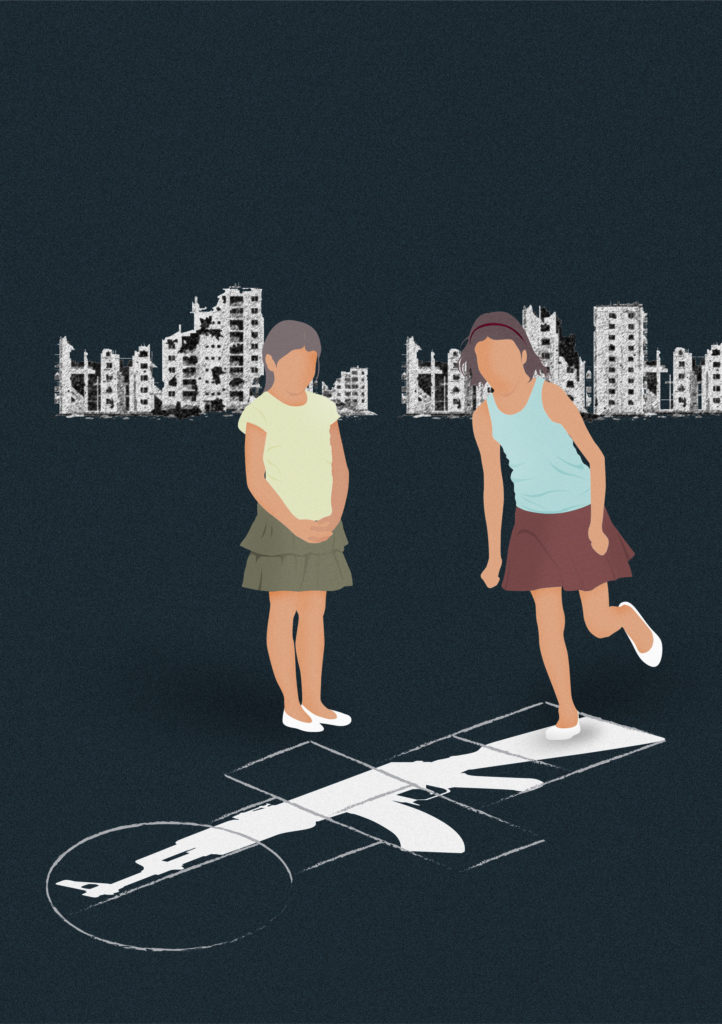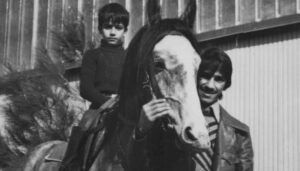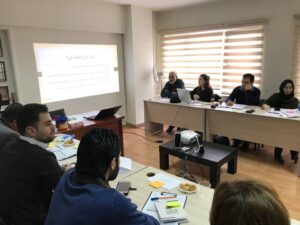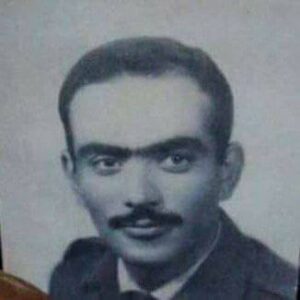In the face of years marked by sorrow and suppression, I chose to name my youngest daughter Farah “Joy” a beacon of the hope I insist on holding onto. I pray that life eventually grants me the dreams and freedoms I’ve yearned for and fought for, and may that fulfillment resonate in Farah’s name, bringing true happiness into my life someday.
I was born in a picturesque home in Raqqa to parents who valued boys over girls. For 28 years, I existed in a family that has a magic lantern accessible only to boys, while girls were perceived as burdensome, marginalized, and feeble beings.
Our family consisted of six girls and three boys. The girls—my sisters and I—were denied education and freedom, confined to a home that morphed into a prison. We longed for an escape. My brothers, influenced by our parents’ biased practices, carried the mantle of discrimination even further. We were relegated to the role of domestic servants, without any thank-you for our efforts.
Even with that, I never despised being a woman, instead, I took pride in myself. The more they attempted to break my soul, the more resilient I became. I confronted their mistreatment, asserting my right of equality. Their claims that I was inherently weak for being female only steeled my resolve. My life’s mission now is to prove that women are as strong, intelligent, and capable of friendship and love as men, without succumbing to society’s stereotypical pitfalls.
My sister and I found solace in each other, enduring the bleak circumstances at home. We supported one another, unfazed by the constant reminders from our family members that our sole purpose was to marry. “You’re a girl, and he’s a young man. You must remain at home until someone marries you,” they’d say.
I was a young woman yearning for life’s experiences, pained by the unworn clothes hanging in my closet, symbolic of my confinement. On the rare occasions we did step outside to visit relatives, we were always under scrutiny, our actions were judged, and we were continuously watched, making any outing feels like an extended siege.
Caution: The subsequent narrative contains wartime details that may disturb some readers.
To access the full story of Fatima in English, please click here.






